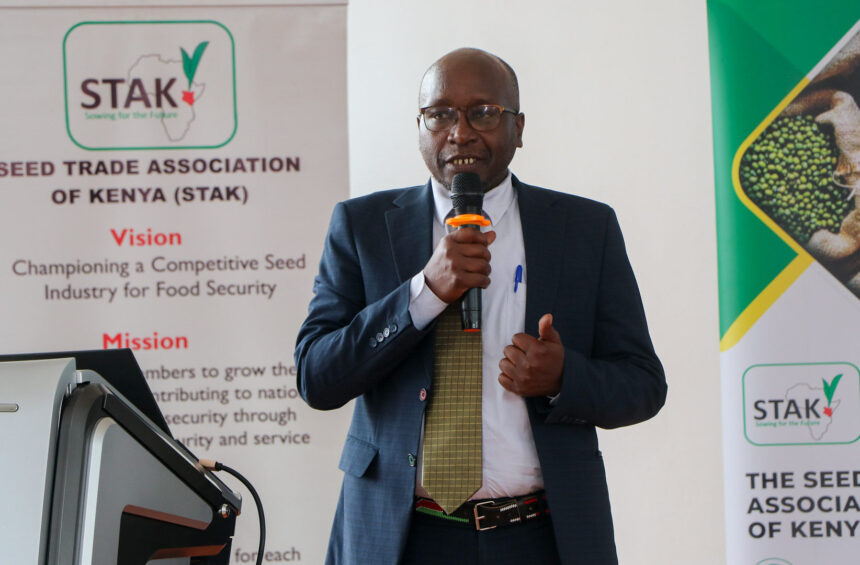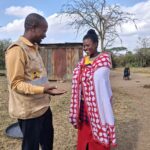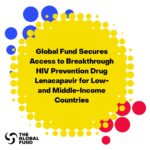By Sharon Atieno | sharonphoebeatieno@gmail.com
Stakeholders in the agricultural sector should look for comprehensive and continuous reforms that ensure the sector can continue to thrive in a competitive landscape both regionally and globally.
Dr. Andrew Karanja, the Cabinet Secretary for Agriculture and Livestock development said during the 12th annual congress of the Seed Trade Association of Kenya (STAK) in Nairobi, Kenya.
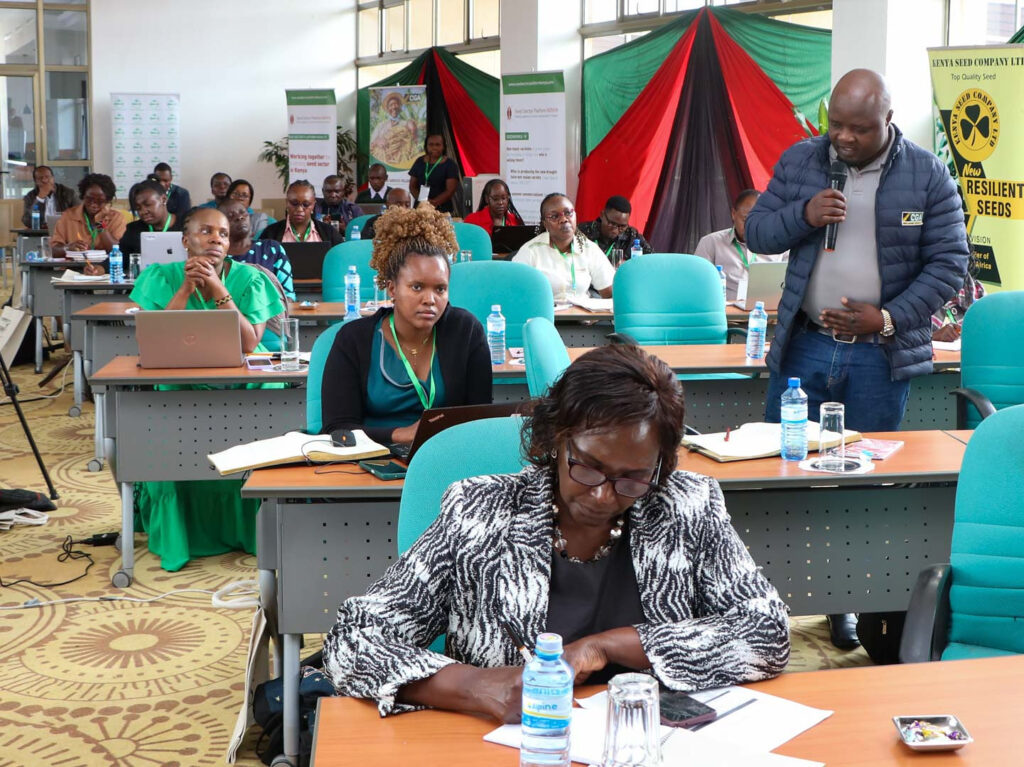
The two day meeting was attended among other top seed stakeholders in Kenya by the African Seed Trade Association (AFSTA) represented by Linet Ngila, a board member and the secretariat.
AFSTA highlighted Kenya’s stellar performance on seed systems and developing an enabling regulatory environment for seed industry – functional and automated seed certification and plant variety protection system, equipped analytical chemistry and food safety labs, as well as robust phytosanitary services.
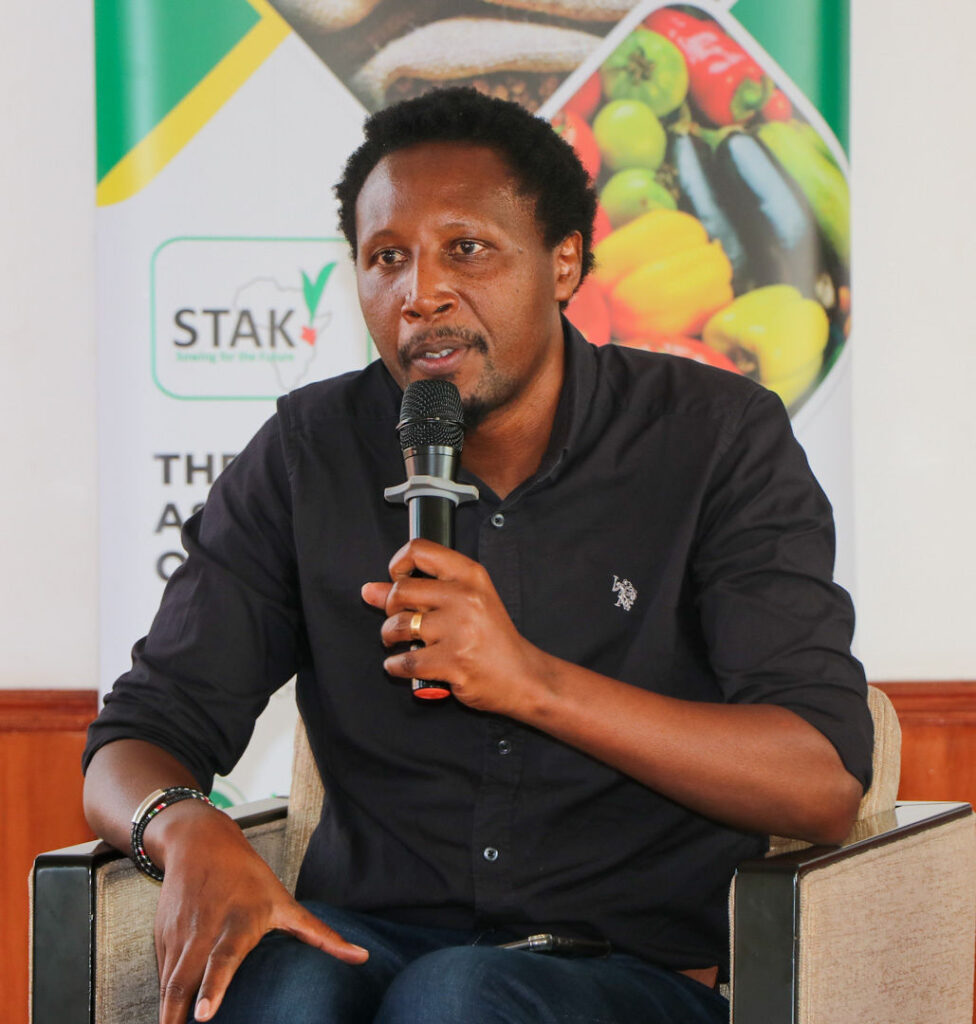
AFSTA reiterated its commitment to engaging with the governments (including the Kenyan government through STAK) and with the regional economic communities (RECs) as well as the African Union to establish incentive-based regulatory frameworks and policies. These are designed to strengthen the seed systems, foster collaboration among different players of the seed value chain and facilitate the smooth movement of high-quality seeds in the continent.
In a speech read on his behalf by Leonard Kobuk, Deputy director of crops, Dr. Karanja observed that though the sector has potential to achieve high economic growth, reduce poverty and hunger in the country, it is plagued with numerous challenges.
“These include low and declining agricultural land, low and undiversified production, poor marketing, market uncertainties and low value addition, high post-harvest losses, ineffective and inefficient inter-sectoral linkages and coordination,” he said.
Others are limited access to finance, social cultural barriers to sector investment, weak governance in farmer organizations, inadequate demand-driven research coupled with low uptake of appropriate technologies, and, impact of climate change on production system.
To address these challenges, Dr. Karanja called for continuous and sustained multi-sectoral and multi-stakeholder approaches (considering state and non-state actors) for the country’s agricultural sector to develop.
In the seed sector specifically, which he observed is the foundation of agriculture, Dr. Karanja said ensuring access to high quality seeds is crucial to realizing improved productivity and food security.
“It is essential that we develop a robust and sustainable seed sector that will not only enhance food security but also empower our farmers and stimulate economic growth,” Dr. Karanja said.
“Such a robust seed industry needs to be competitive, innovative, and capable of meeting the diverse needs of our farmers.”
Additionally, he called for the need to establish an enabling environment including comprehensive supportive policies, strategies, institutional and legal frameworks for a robust and thriving competitive seed industry.
Kenya’s seed sector has been facing a number of challenges including prevalence of counterfeit seeds, limited access to quality certified seeds, inadequacy of suitable maize varieties and foundation seeds available for production, inadequate support to seed growers from extension services and farmers facing challenges in access to market for high-yielding varieties due to preference for lower-yielding preferred seeds among others.
The theme for the 2024 STAK Congress was Leveraging Agricultural Technologies to Strengthen Agricultural Resilience and Climate- Smart Seed Systems.
Other stakeholders in the congress included CIMMYT, CIAT, AGRA, KEPHIS and universities such as Nairobi and Kenyatta.


